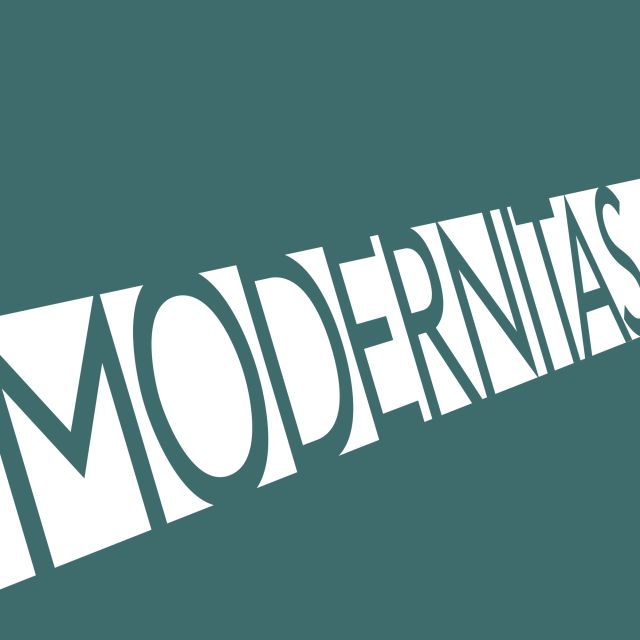
MODERNITAS
Modernism and Avant-Garde Studies
MODERNITAS proposes to explore concepts of modernity through interdisciplinary collaborative research projects between humanities and natural sciences.
Promotors of the MODERNITAS center are Petra James and Dennis Ioffe.
As academic division between humanities and natural sciences continues to grow, it is essential to create intellectual spaces for dialogue between our respective fields. Our research centre could serve as such a territory. One of these perspective meeting points is the field of the arts, especially where the science and economics meets creation.
We are envisaging Modernism(s) as a totality of aesthetic ideologies and principles that were shaped in the period 1880-1914 and remained dominant before WWII. Central and Eastern Europe is a prime example of radical transformations culture underwent during this period and artists hailing from this region made essential contributions to modernist experiments. Nevertheless, the knowledge of European modernism is still largely based on the Western “canon”, often obliterating the complex nature of networks and multilateral influences between the European modernisms of the “East” and the “West”. Using our research hypothesis, we suggest introducing a cultural-historical model combining analysis of economic and scientific structures of modernism with archive-led study of transnational networks.
Why studying international modernism is so crucially important? Modernist cultural agenda in our view represents a progressive urge of individuals to innovate, transfigure and reshape their cultural and social environment while experimenting with previously unseen or forbidden means of aesthetics and science. The prevailing consensus attests to modernism initiating a profound re-examination of cultural (and in its turn societal) existence aimed at permanent innovation and probing examination of things. This phenomenon that we call ‘modernist urge’, impacted nearly all practical aspects of our European culture.
